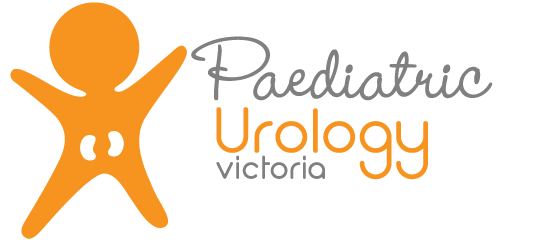General FAQs
Details about doctors and allied health practitioner’s fees are available upon request.
- For medical appointments, in order for you to receive your maximum reimbursement from Medicare, a valid referral is required. Please note: referrals are valid for 3 months if from a specialist and 12 months if from a GP. Hence, you may be asked to provide a new referral so that you may receive the maximum reimbursement.
Paediatric Continence Physiotherapists
If you have brought your child for help with a bladder and/or bowel problem the following points are written to help gain an understanding of the process of assessment and treatment.
- There is a range of severity of continence problems in children and symptoms can be mild through to severe. Usually there is some bladder and/or bowel dysfunction. Lack of bladder and/or bowel control in your child is not his/her fault – or yours!
- Assessment is aimed at identifying this dysfunction and the causes and you will be asked to help by assisting your child to complete some charts and diaries at home. This information is essential to give a good understanding of the best course of action and treatment for your child. Because we are dealing with children this may take some time and commitment to regular attendance is important.
- It is common that children with continence problems have some behavioural issues resulting from their distress – even apparent indifference can be a defence mechanism. Often as the incontinence improves so does the behaviour. We all have different personal resources to meet challenges in life and if it is felt that your child needs some extra emotional help and support to deal with his/her problem, this will be discussed with you.
- In medical terms, a chronic condition is one that exists for longer than six months and most childhood continence problems are, by definition, chronic. As a general guide, successful treatment takes months also, and in some children with more severe problems, it may be years. Earlier success is more likely if the measures suggested are consistently implemented. This will take continuous effort by you and your child and is difficult for some children until they mature a little more. But the benefits are great. We know that self-esteem and quality of life will improve as incontinence resolves.
Our aim is to ensure that incontinence and bladder and bowel dysfunction are well assessed and treated. We need to identify any potential risk factors for ongoing problems such as kidney disease and work together with your child’s GP or specialist to maximize the health outcome for your child.
Qualified and experienced Paediatric Continence Physiotherapists work as part of a multi-disciplinary service for children with bowel and bladder dysfunction to offer skilled assessment using state of the art equipment, and appropriate evidence based treatment. The emphasis is on quality and sensitive care of children and families.
Appropriate conditions include
- Day wetting, urinary urgency, recurrent urinary tract infections
- Bed wetting – primary or secondary, refractory to treatment
- Constipation / faecal retention
- Faecal incontinence (previously called encopresis) or soiling
- Failure to toilet train for either bowel or bladder
- Children with both developmental and continence problems
Depending on the assessment, interventions may include
- Education of parents and child
- Toileting programs
- Pelvic floor muscle training / relaxation
- Bio feedback
- Bedwetting alarm programmes
- Neuromodulation (TENS, Interferential)
- Teaching correct defaecation muscle dynamics
- Liaison with kindergartens and schools
- Working with medical or other specialist and services
Children with problems present for longer than 6 months may be eligible for an Enhanced Primary Care Rebate from Medicare- check with your GP.
